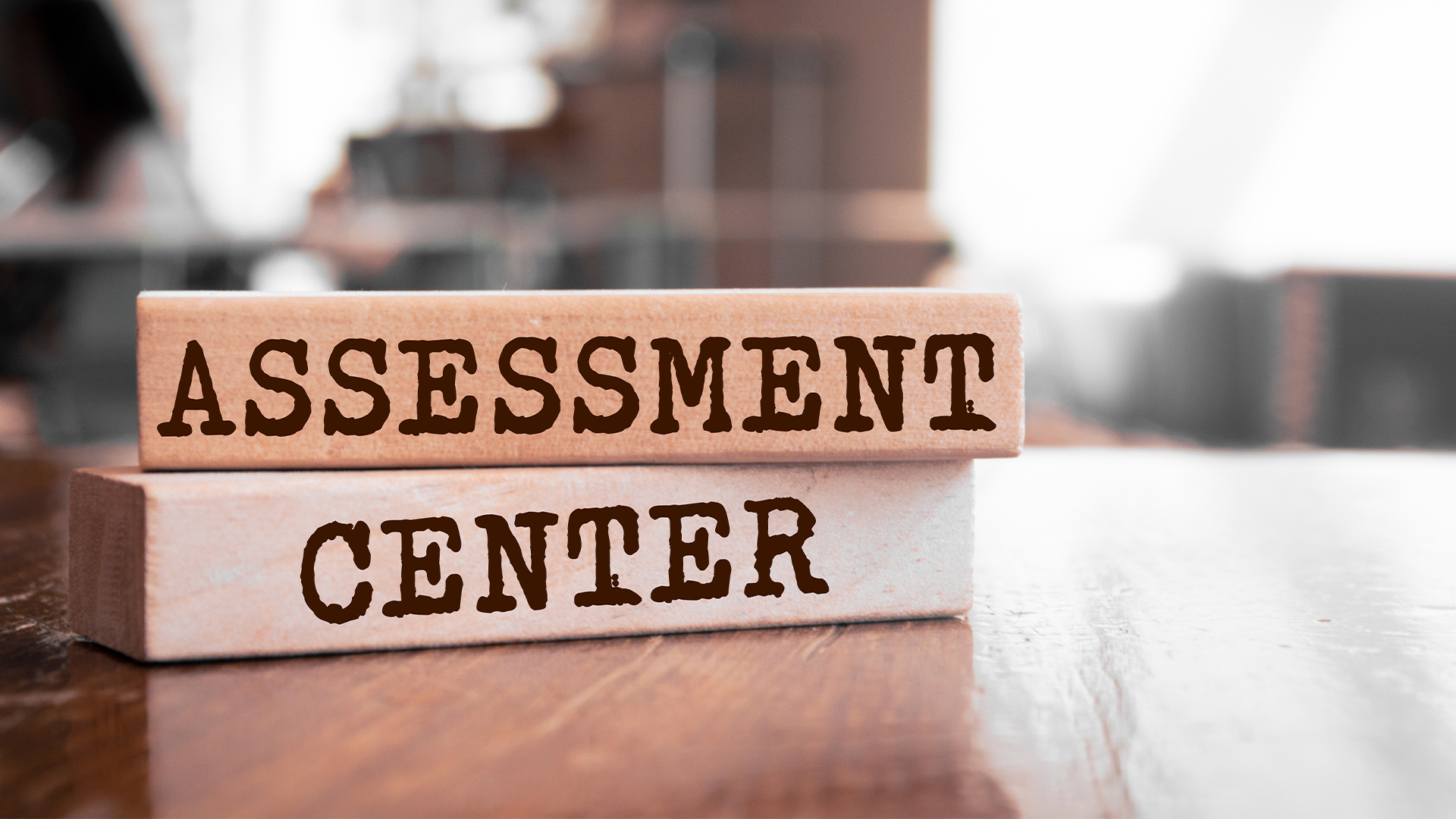The word ‘sustainability’ used to be a vague term, but businesses have evolved. Whether it’s addressing climate change or diversifying their workforce, these companies and businesses have created ways to be sustainable.
Car manufacturers, for example, have taken steps to produce energy-efficient and fuel-efficient engines to reduce pollution emissions. Tesla uses rechargeable batteries as a way to fuel their vehicles. Other car manufacturers like Hyundai, Kia, Nissan, among others, have also followed.
Another example is Nike. The leading sports apparel manufacturer has also moved towards sustainability by being transparent with its supply chain and production practices. They also help reduce waste by using post-consumer recyclable materials in some of their products. They’ve also developed an app where you can compare the environmental footprint of different types of fabric.
A Sustainable Business
Achieving a sustainable or ‘green’ business isn’t supposed to be complicated. It’s about looking into products and services in your company and thinking about their impact on the environment. Looking inward and assessing existing policies and strategies is already one step towards being sustainable.
There are different strategies you can take to create a sustainable business. Below are some of the ways you can put your business on the path of sustainability:
1. Reduce Carbon Footprint
In a factsheet published by the Center for Sustainable System from the University of Michigan, the industries below contributed the following percentages of greenhouse gas emissions in the United States:
- 28.9% from the energy industry
- 27.3% from the transportation industry (where 23% comes from road transportation and 2.4% from air transportation)
- 10.3% from the manufacturing industry (where 7.9% comes from overhead allocation and 5.6% from industrial processes)
One way of reducing your carbon footprint is to limit the overproduction of goods and start using recyclable materials. By developing strategies to consume less raw materials, you can contribute to the decrease in demand. You can also encourage consumers to practice recycling instead of throwing their trash away and contribute to the global waste problem.
Another way of reducing carbon footprint is to use renewable energy like solar power. Airis Energy Solutions’ solar power in Miami and other similar solar power providers can help reduce your monthly expenditures by helping you save more on your energy bill. Using energy-efficient lighting can also help reduce your electrical usage and, subsequently, reduce your energy costs.
2. Rethink Company Policies
The challenge for some businesses is adjusting to the new normal. More employees prefer working from home instead of going to the office, so they don’t have to worry about commute times.
In a study by the U.S. Census Bureau, an average worker travels 26 minutes to work, 20% longer compared to the 1980s, which is 21.7 minutes. These long commutes have hampered employee productivity and contributed to mental stress.
Before, employees had to wake up early, prepare, and compete with other workers rushing to get to their respective offices on time. Now, employees only have to worry about waking up on time for work.
Another benefit of working from home is it could save you money from leasing building spaces. These savings could be transformed into additional employee compensation or perks.
3. Practice Corporate Social Responsibility
Setting up policies to address a social issue is already part of most companies’ Corporate Social Responsibility (CSR). There is no ‘right’ way in developing CSR, but companies strive in their own way to contribute to the public.
For instance, Microsoft aims to have Zero Waste by 2030. To date, they’ve reduced and eliminated waste by reusing materials, reducing sourcing, and recycling. All of their waste is treated with environmentally responsible methods. Coca-Cola is also aiming to reduce its carbon footprint by 25% by 2030.
CSR creates a positive image for your company and can also serve as free marketing. You and your staff can join clean-up drives during weekends which can also be a form of camaraderie between co-workers. Other CSR strategies include:
- Environmental Responsibility
You don’t need to restrict yourself to joining clean-up drives to be environmentally responsible. Simple steps such as reducing wasted water or recycling used paper can help you move towards greater environmental responsibility.
Google, for example, has demonstrated their commitment by investing in renewable energy sources and sustainable offices. On the other hand, Facebook has achieved their goal to transition to 100% renewable energy last year. They’re now committed to reaching net-zero emissions by 2030.
Without your employees, your business won’t be a success. The employer-employee relationship should be nurtured. Providing them with fair compensation and other benefits is the right thing to do. Their workplace should be free from harassment and discrimination. They should also be fully equipped to deal with and avoid potential hazards.
Starbucks, for instance, has developed ways for employees to have a voice by getting their feedback and suggestions heard. They’ve also diversified their workforce by attracting and employing workers from various communities. They pay special attention to gender issues and have barred discrimination against gender in the workplace.
4. Be Transparent
Transparency builds trust not only with your employees but with your investors and consumers as well. It can lead to high employee morale, taking feedback as the driving force to improve processes and policies. However, you don’t want to be ‘too transparent’ with your business to the point of jeopardizing your business.
In the internet age, almost all information is available at our fingertips with just a simple online search. Some of these keywords, however, lead to confidential information from unsecured websites.
In a report from Built With regarding CMS usage, 35.63% of websites today use WordPress, and this CMS can be hosted on any server as long as it has MySQL and PHP. In a simple Google search query, “index of /wp-content/” will return over 5 million pages. These pages show what is stored inside the “/wp-content/” of a website running under WordPress.
Some websites have non-disclosure agreements with other companies. Documents such as invoices show what was agreed between parties and other sensitive information. Again, a simple Google search query “index of /wp-content/ intext:invoice intext:pdf” will return over 15,000 pages showing invoices in PDF form that is stored in the website’s “/wp-content/” folder.
While tech companies like GitHub and GitLab allow companies to make their source codes available to the public and encourage developers and other users to collaborate on features and fix critical flaws through the ‘Free and Open-Source Software’ project, there are companies that were not spared from data breaches. For example, LinkedIn, an online platform for career development and professional networking, suffered a data breach twice. The latest June 2021 breach affected 700 million users.
Final Thoughts
Even though sustainability is a vague term in business, it can provide significant benefits to your company. Reducing carbon footprint, including CSR as part of your company’s priority to address social issues, listening to your employees’ suggestions and feedback, and building trust are a few ways to be more sustainable and contribute to the welfare of future generations. With a lot going on today, businesses can help reduce chaos through comprehensive planning and concerted effort.

















